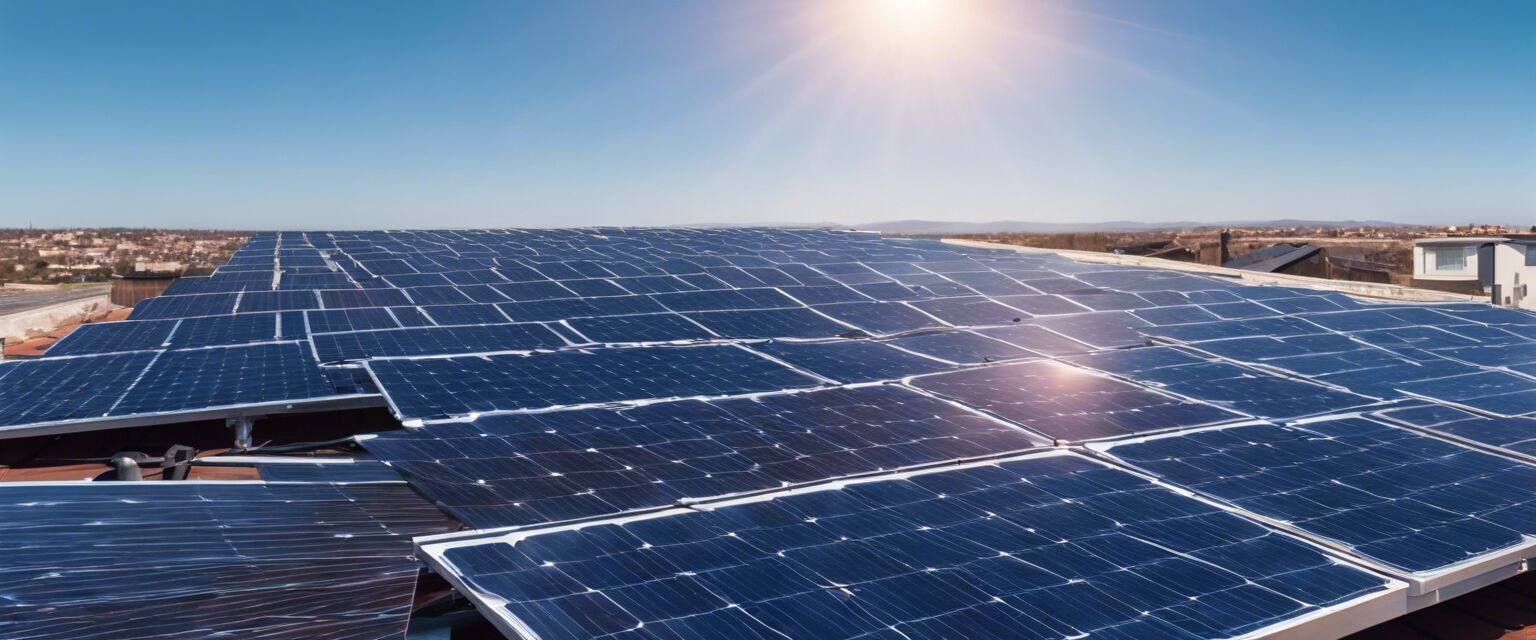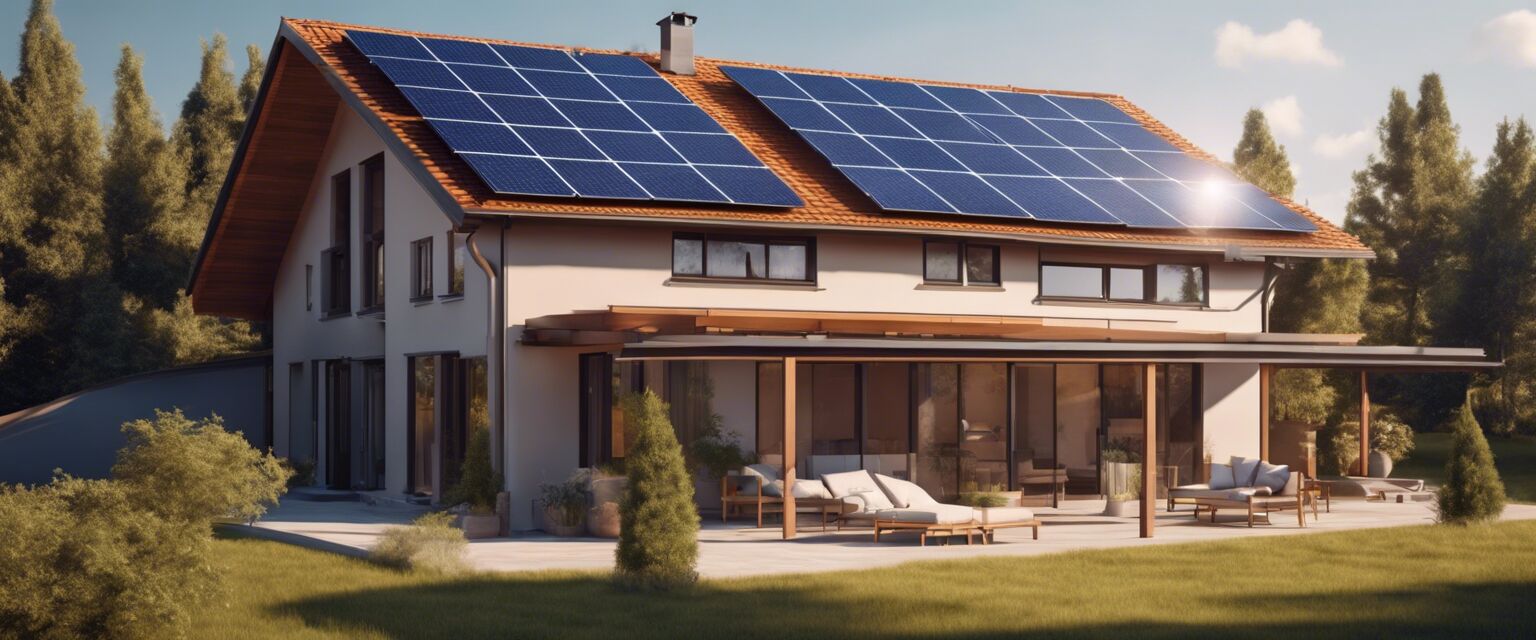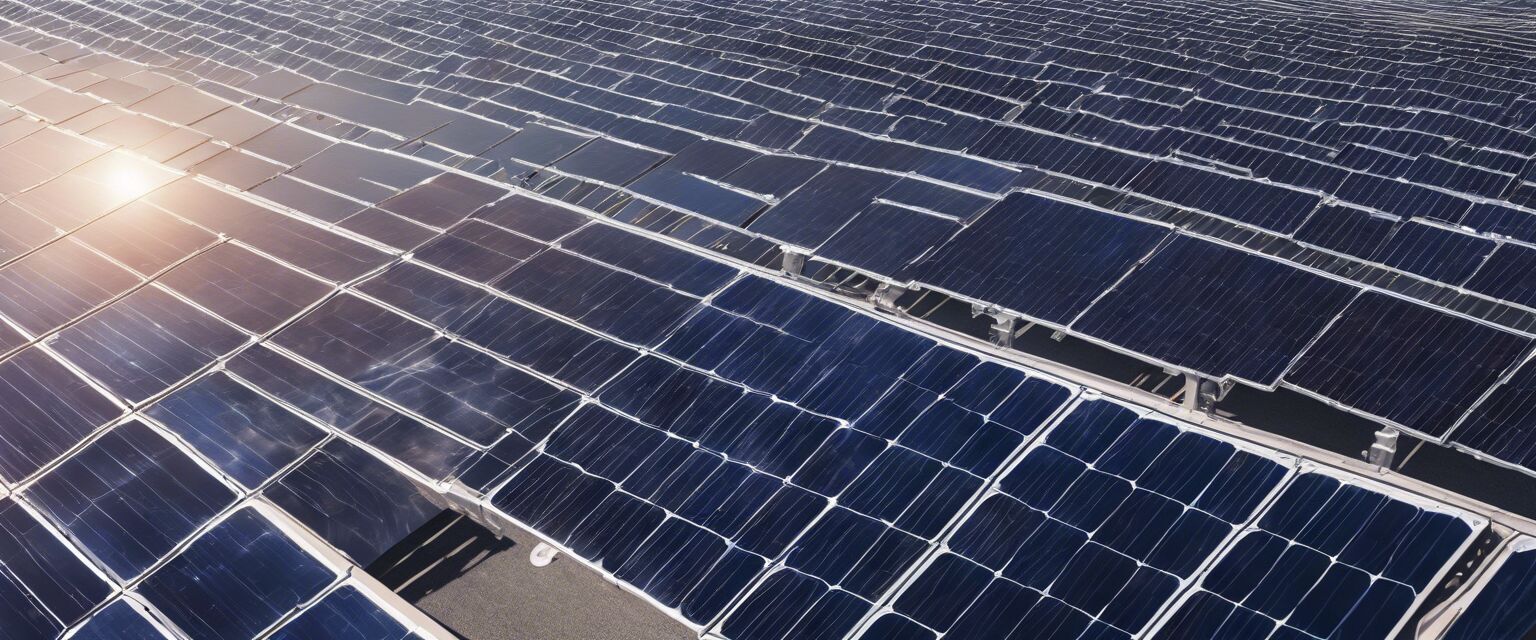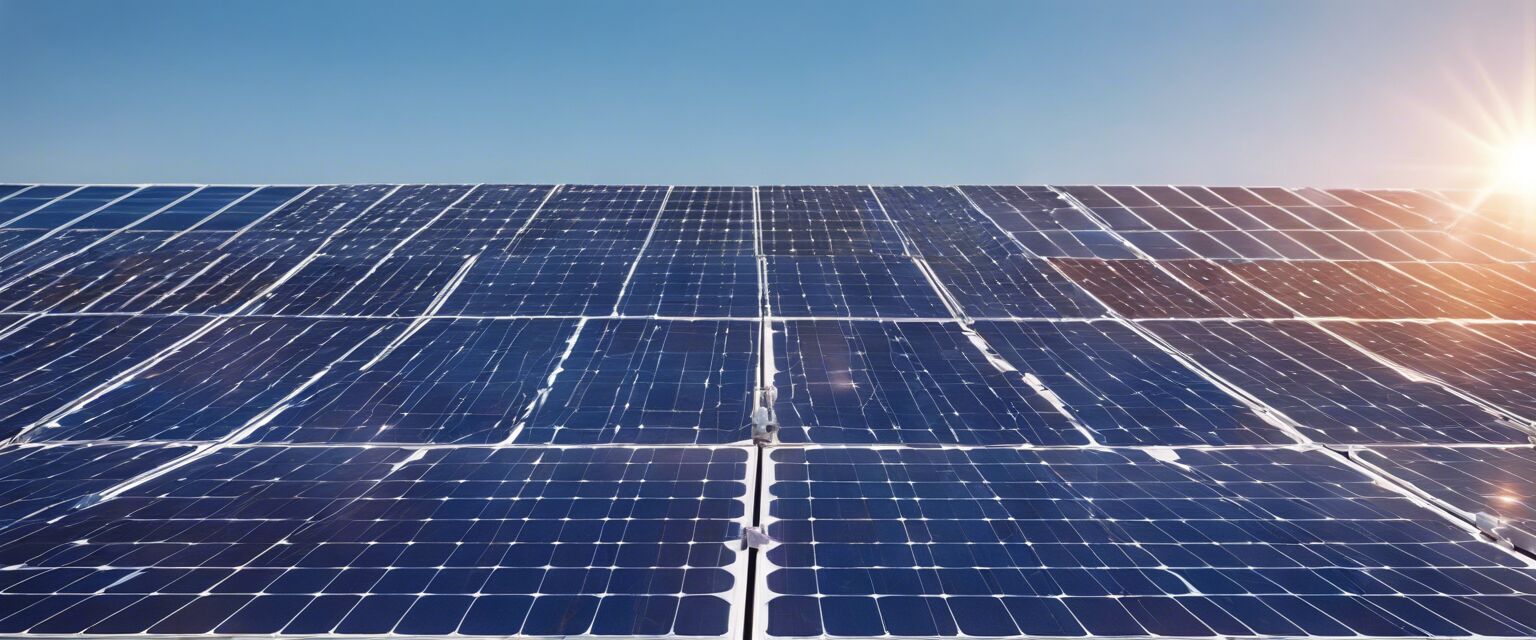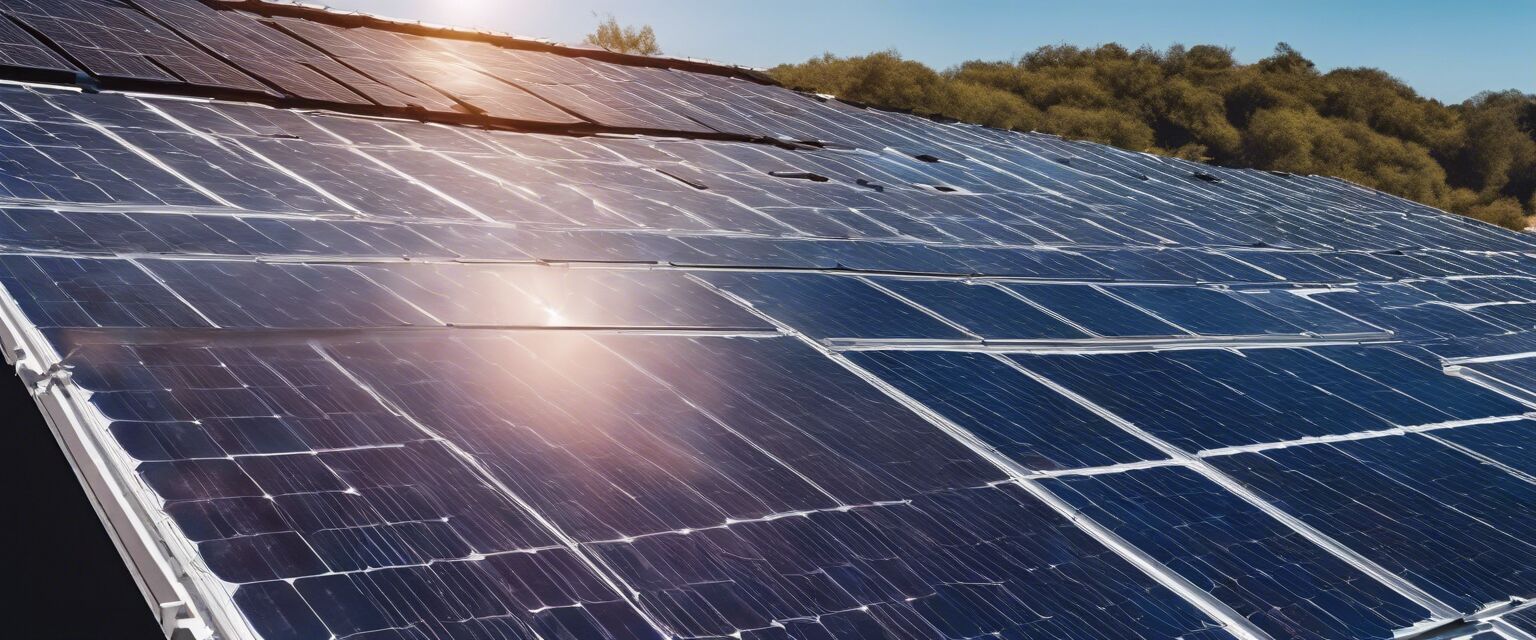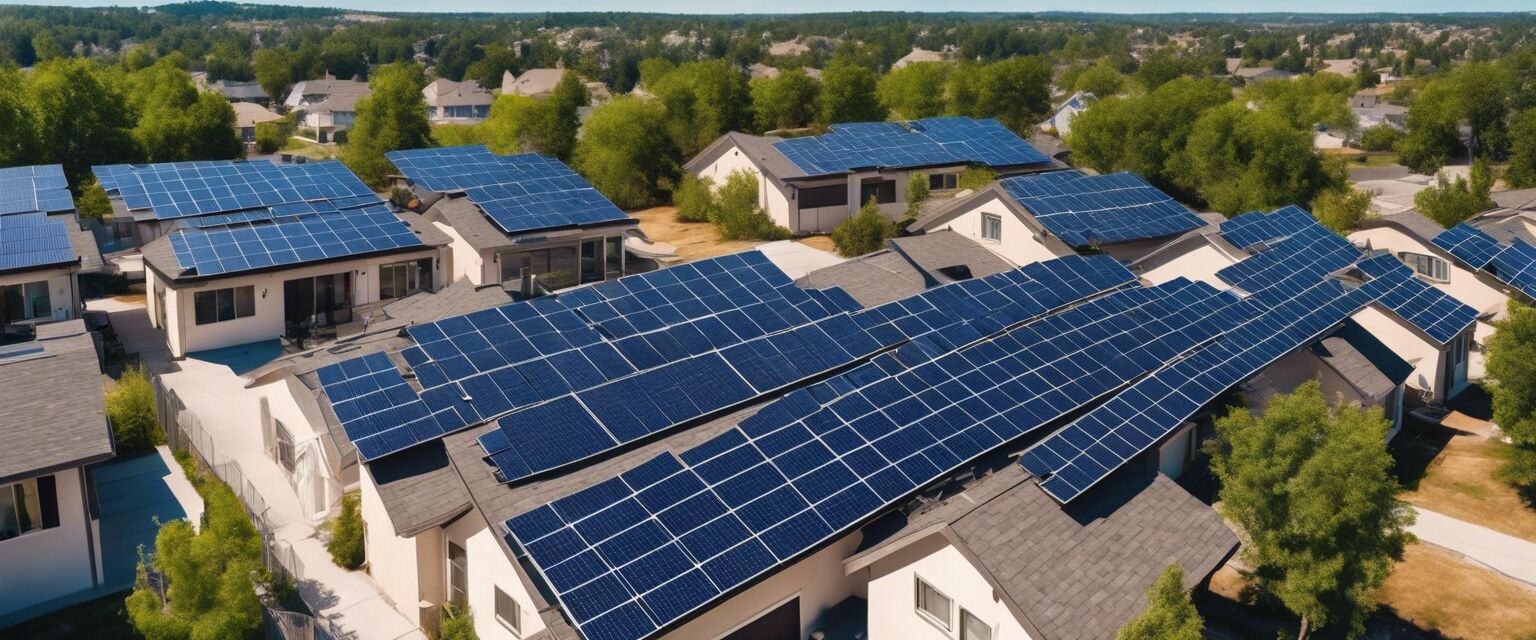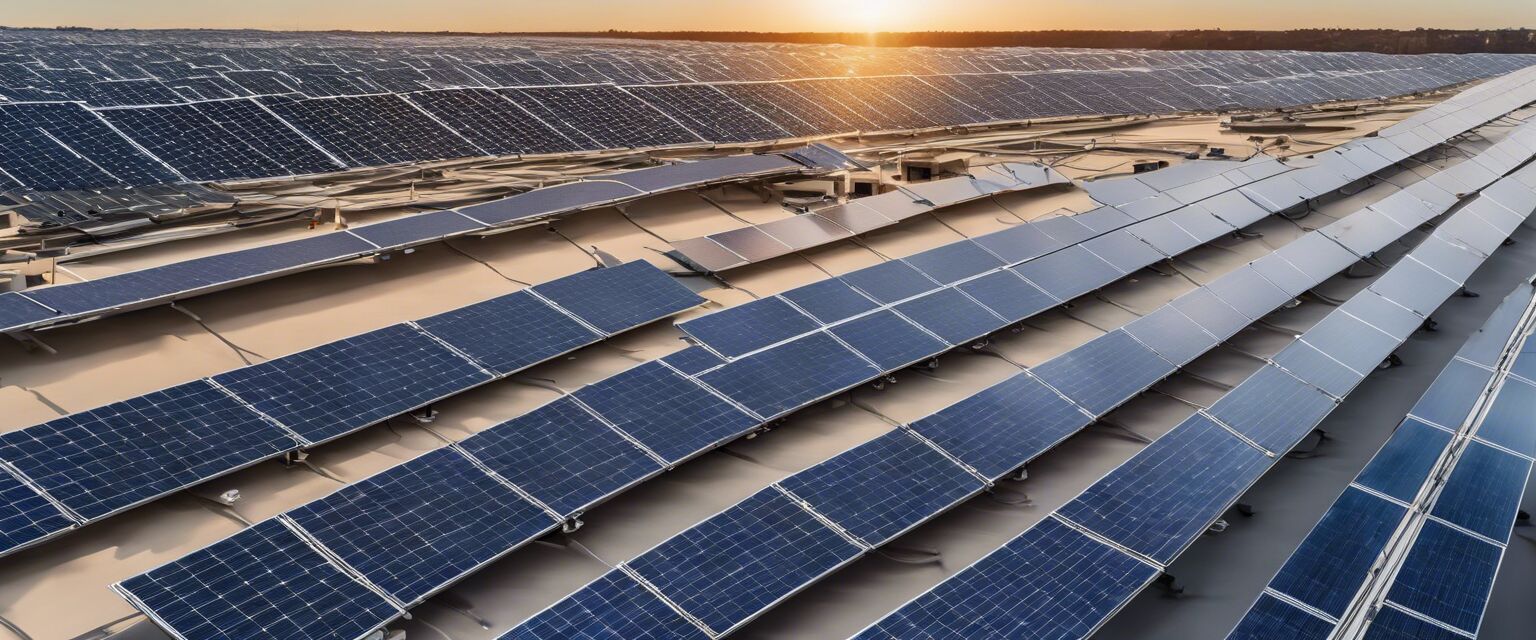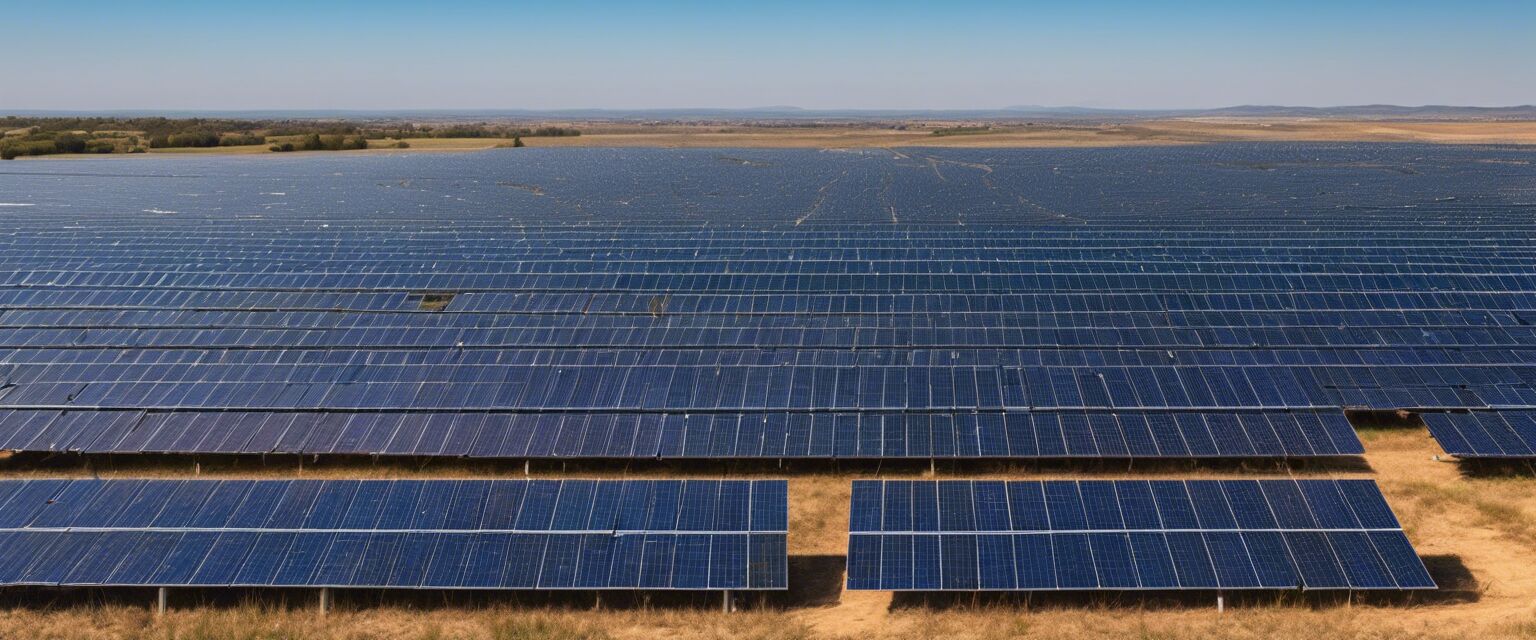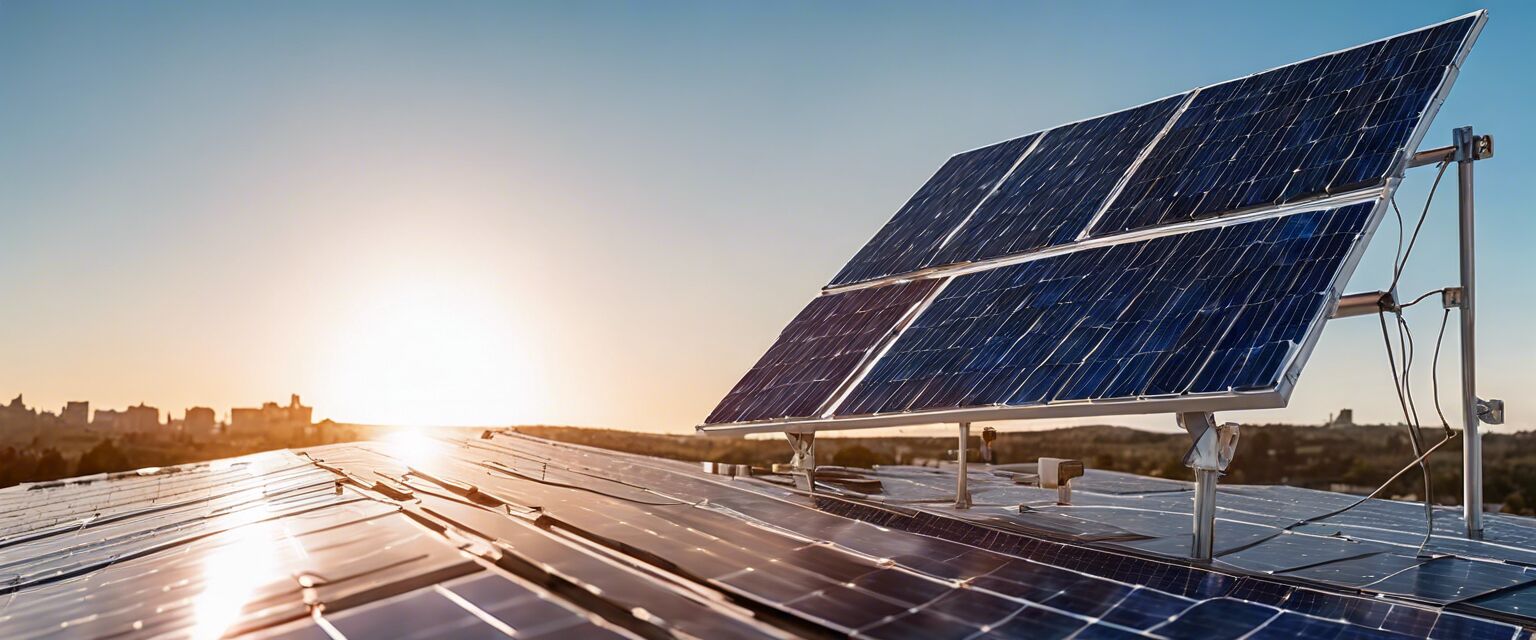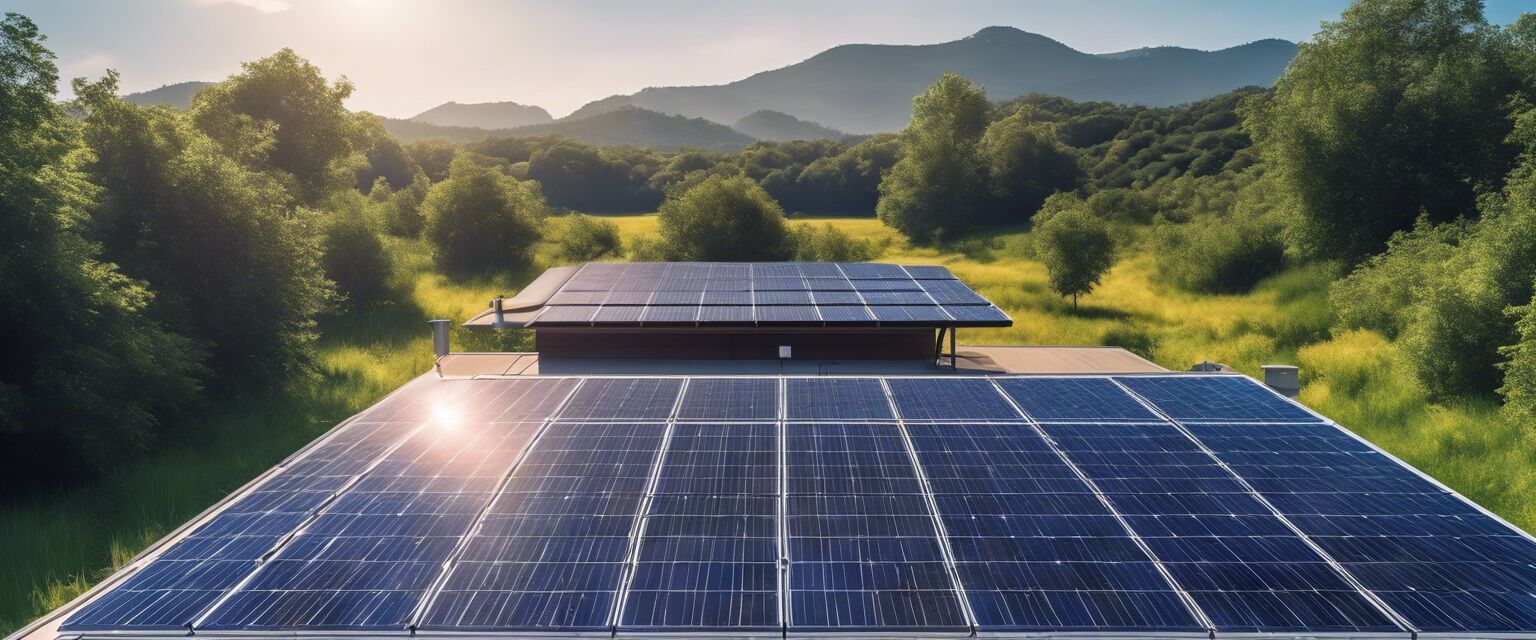
Solar Panel Basics
Welcome to your ultimate guide on solar panels! Understanding solar panels is crucial for anyone looking to embrace renewable energy and reduce electricity costs. In this article, we will explore the fundamentals of solar panels, their benefits, types, installations, and frequently asked questions. Let’s dive in!
- Solar panels convert sunlight into electricity, making them a sustainable energy source.
- There are several types of solar panels available, each with unique benefits.
- Installation of solar panels can significantly reduce utility bills over time.
- Understanding solar panel maintenance is essential for optimal performance.
What are solar panels?
Solar panels are devices that convert sunlight into electricity. They are an essential component of solar energy systems, allowing energy from the sun to be harnessed for use in residential, commercial, and industrial applications.
How do solar panels work?
Solar panels consist of photovoltaic (PV) cells that capture sunlight. These cells generate direct current (DC) electricity, which is then converted into alternating current (AC) electricity by an inverter for use in homes and businesses. Here's a simple breakdown of the process:
- The sun emits photons that strike the solar panels.
- Photovoltaic cells absorb these photons, generating an electric current.
- The inverter converts the DC electricity to AC electricity.
- The electricity is used to power your home or can be fed back into the grid.

Types of solar panels
Choosing the right type of solar panel is crucial for maximizing efficiency and meeting your specific energy needs. Here are the main types of solar panels:
| Type | Description | Efficiency |
|---|---|---|
| Monocrystalline | Made from a single crystal structure, they are highly efficient and space-saving. | 15-22% |
| Polycrystalline | Made from multiple crystal structures; they are less efficient than monocrystalline but generally more affordable. | 13-16% |
| Thin-film | Flexible and lightweight, they can be integrated into various surfaces but have lower efficiency. | 10-12% |
Benefits of solar panels
Solar panels come with numerous advantages that can benefit users in various ways:
Pros
- Reduce electricity bills significantly.
- Provide a renewable energy source.
- Increase property value.
- Minimize carbon footprint.
- Potential incentives and rebates available.
Cons
- High initial installation costs.
- Weather and location can affect efficiency.
- Requires significant roof space for installation.
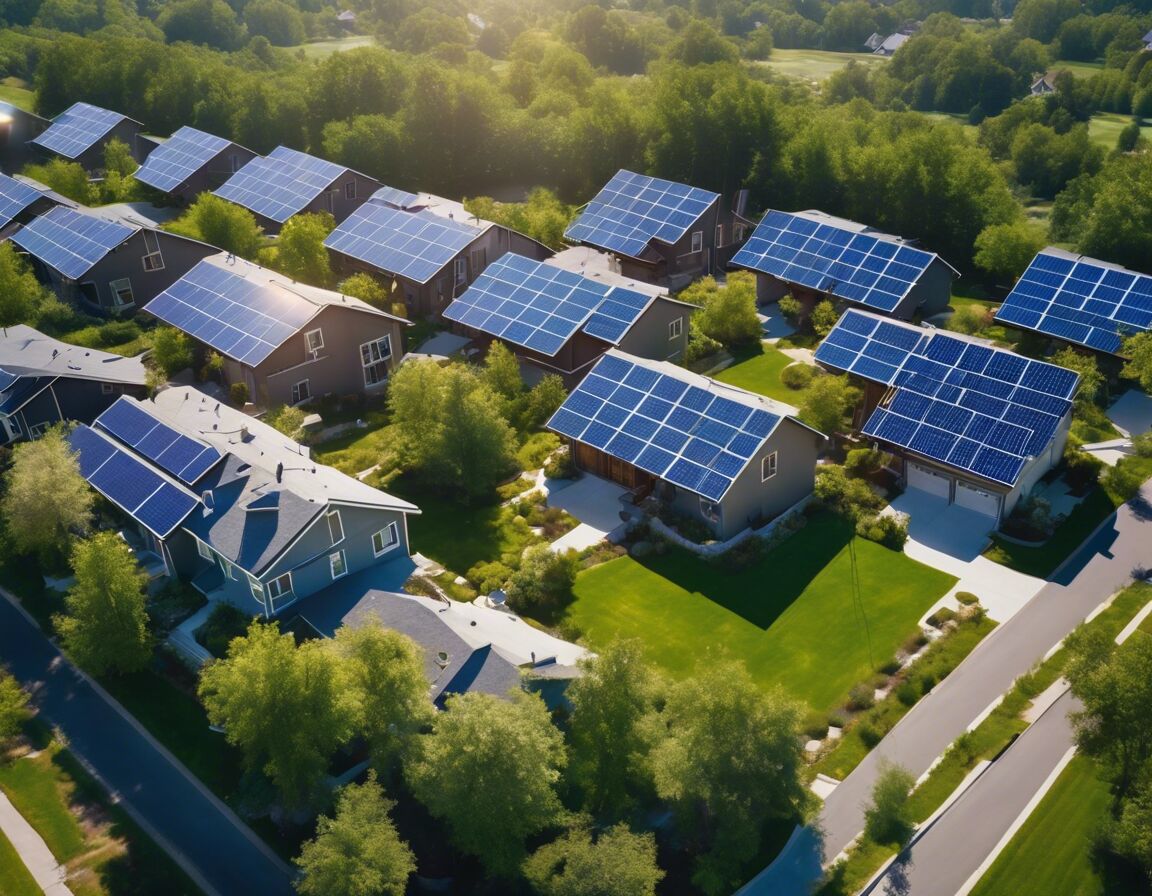
Installation process of solar panels
The installation process for solar panels involves several steps:
- Consultation with a solar energy expert.
- Site assessment and system design.
- Obtaining necessary permits and approvals.
- Installation of solar panels and electrical components.
- Final inspection and grid connection.
Frequently asked questions
What is the lifespan of solar panels?
Most solar panels have a lifespan of 25-30 years, with manufacturers typically offering warranties for this duration.
Are solar panels worth the investment?
Yes, solar panels can provide substantial savings on electricity bills in the long run, often paying for themselves within 5-10 years, depending on various factors such as location, energy consumption, and local incentives.
How do I maintain my solar panels?
Regular cleaning and inspections can help ensure optimal performance. It’s advisable to consult professionals for thorough maintenance and assessments.
Conclusion
Understanding solar panels is the first step toward embracing renewable energy solutions that can save you money and help the environment. With various options available, it’s essential to evaluate your needs and consider the benefits of installing solar panels.
Further reading
Explore more about specific types and applications of solar energy:
